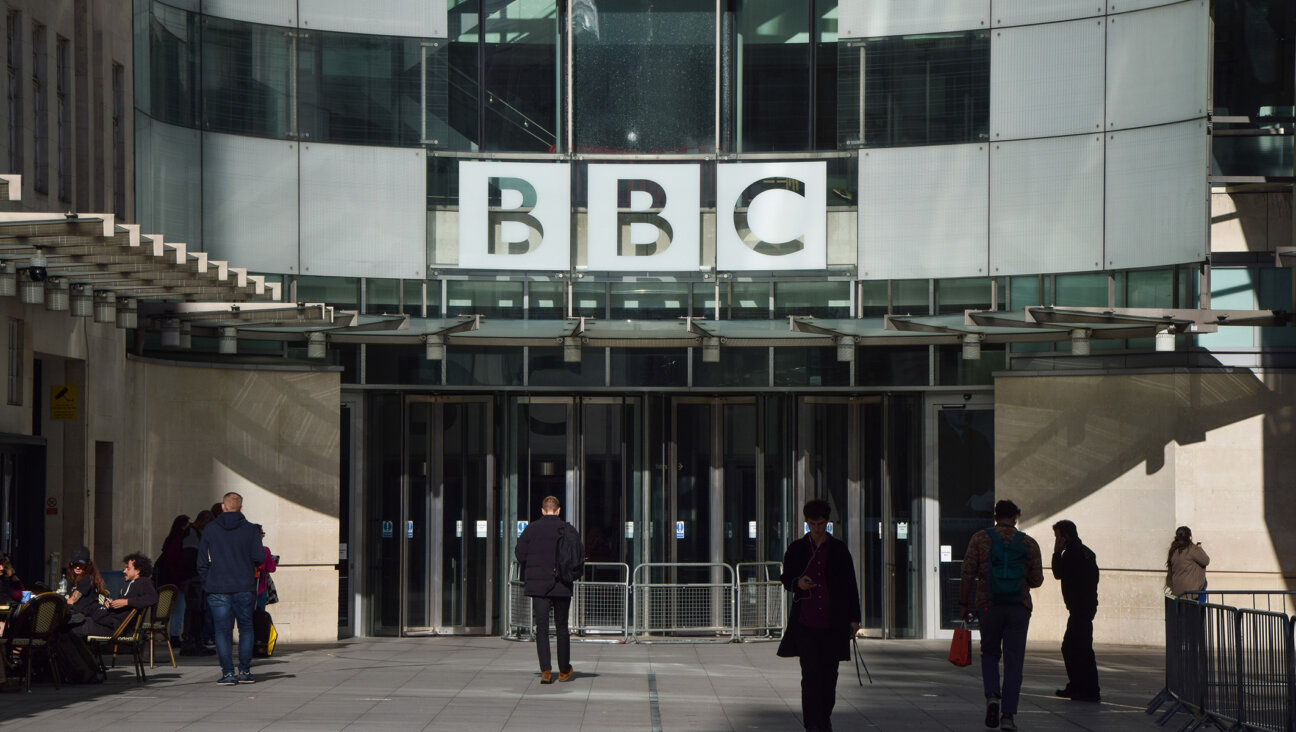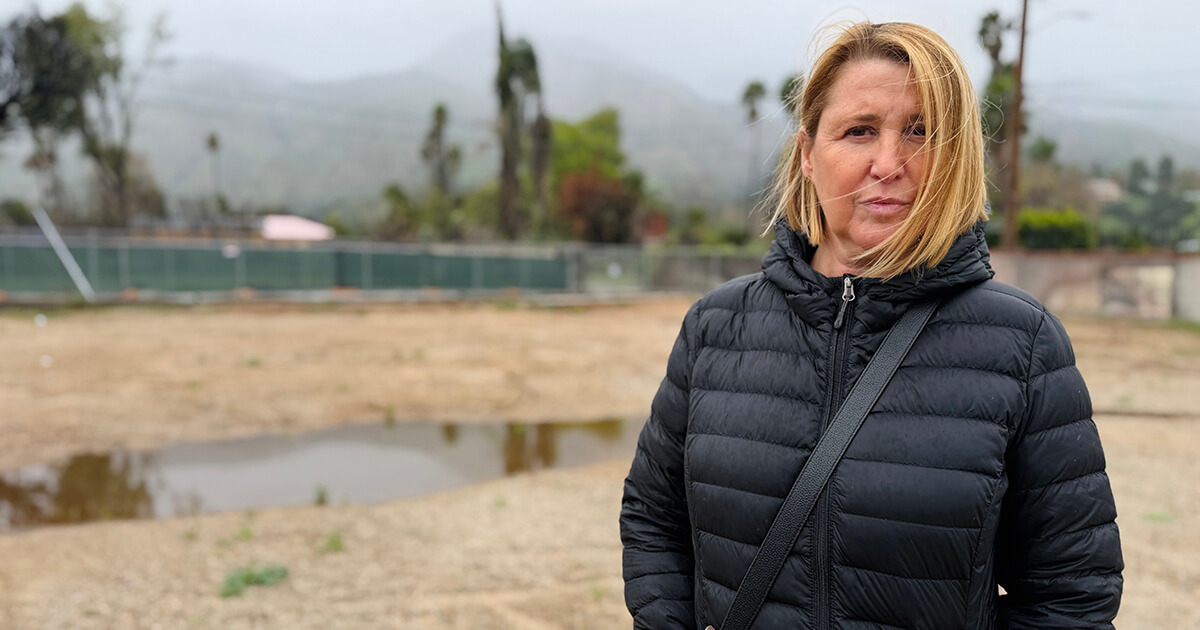Dutch Party Distances Itself From Call For Circumcision Ban

Graphic by Angelie Zaslavsky
AMSTERDAM (JTA) — The Netherlands’ third largest party, which is a potential coalition partner, distances itself from calls by some of its younger leaders to ban circumcision.
In an email sent last week to JTA, Roy Kramer, a senior spokesperson for the D66 left-leaning party last week wrote that his party, which in the March elections won 19 seats in the lower house of the Dutch parliament, as no official position on non-medical circumcision of boys younger than 18.
Roy, whose party is in protracted negotiations with the ruling People’s Party for Freedom and Democracy over the formation of a coalition, was replying to questions written following statements by leaders of the party’s organization for youths and young adults, the Jong Democraten, in favor of a de facto ban on the Jewish variant of ritual circumcision.
The issue “was never an issue in parliament and so D66 has never taken a stand on it,” he wrote.
In an op-ed published in May in the leftwing daily NRC Handelsblad, the Jong Democraten’s chairman, Wouter van Erkelens, and spokesperson Koen Sijtsema argued in favor of implementing a government policy that would discourage all non-medical circumcision of children.
They proposed imposing a mandatory waiting period in which children whose parents want to have them circumcised may consider the move. Only if the children wish to go ahead with the circumcision after that period will the state approve the surgery.
But as Bart Vink, a Jewish member of D66 noted in May on Twitter, an evaluation period “is not possible as Jews are circumcised when they are eight days old.” This led to concerns among some Dutch Jews that if D66 adopts the proposal of the two party members, it would be promoting a policy whose implementation would mean a de facto ban on Jewish circumcision, or milah.
According to NRC, van Erkelens and Sijtsema were proposing a change in D66 policy, though Hanneke Gelderblom, a prominent member of D66, told the Nieuw Israelietisch Weekblad Jewish newspaper that there is no detailed proposal in place. Van Erkelens and Sijtsema were only trying to “start a debate” with their op-ed, which said that non-medical circumcision of minors compromises children’s rights.
In the op-ed, titled “Freedom of religion stops where circumcision of minors begins,” the writers drew parallels between that practice and female genital mutilation, which they noted is “luckily already illegal” in the Netherlands.
Imposing difficulties on parents who wish to circumcise males will “slowly promote the understanding in religious circles that circumcision is wrong,” they wrote.
Many European secularists as well as far-right supporters oppose circumcision on minors, which is performed by Muslims and Jews, as a violation of children’s rights or foreign custom, respectively. A similar debate is taking place across Europe and on the continent’s north about the issue of ritual slaughter of animals, which devout Jews and Muslims require be performed on conscious animals.
In 2012, parts of Germany, Austria and Switzerland saw brief bans on nonmedical circumcision of minors following a German court’s ruling that it was cruel abuse of children. The ruling was overturned.














